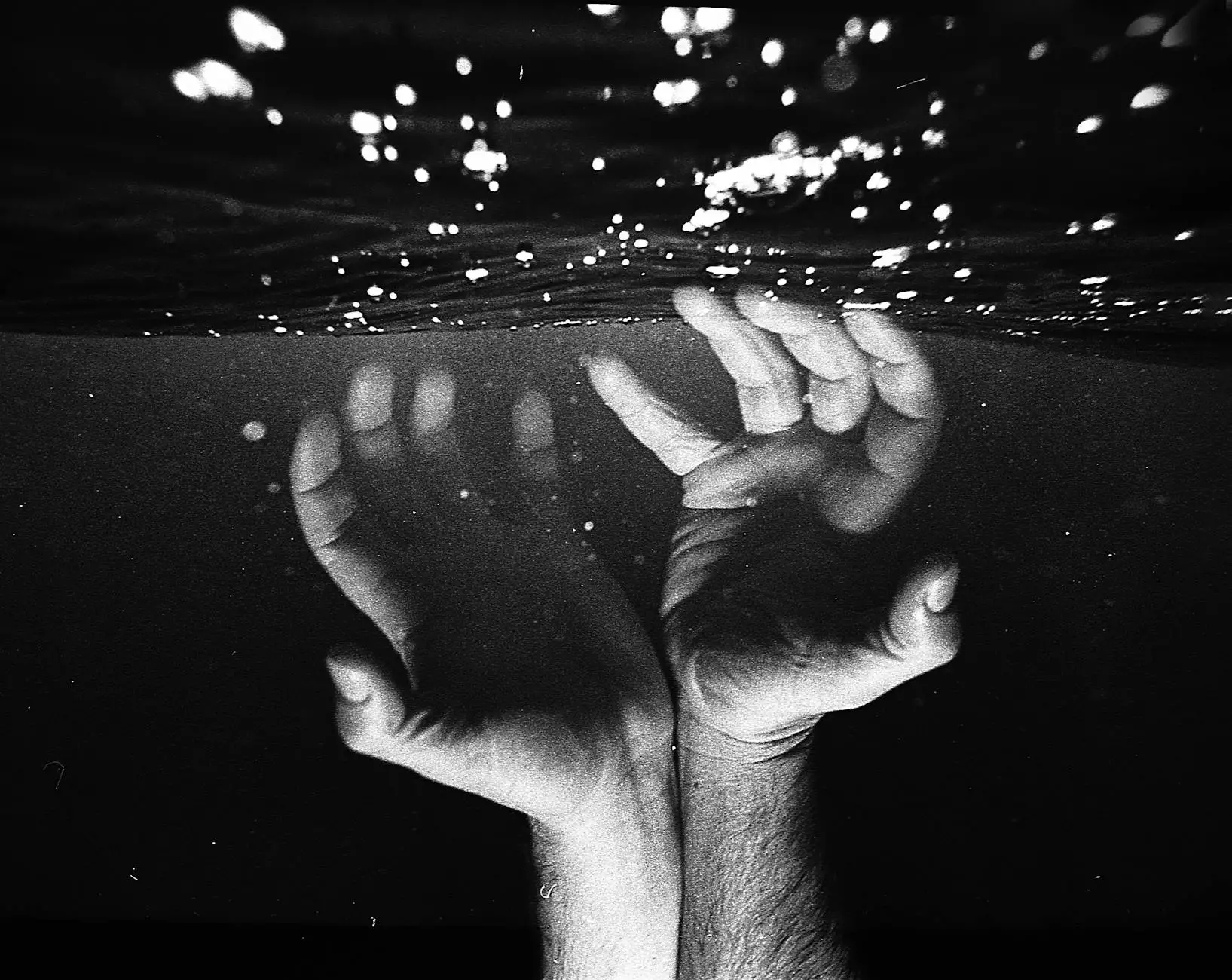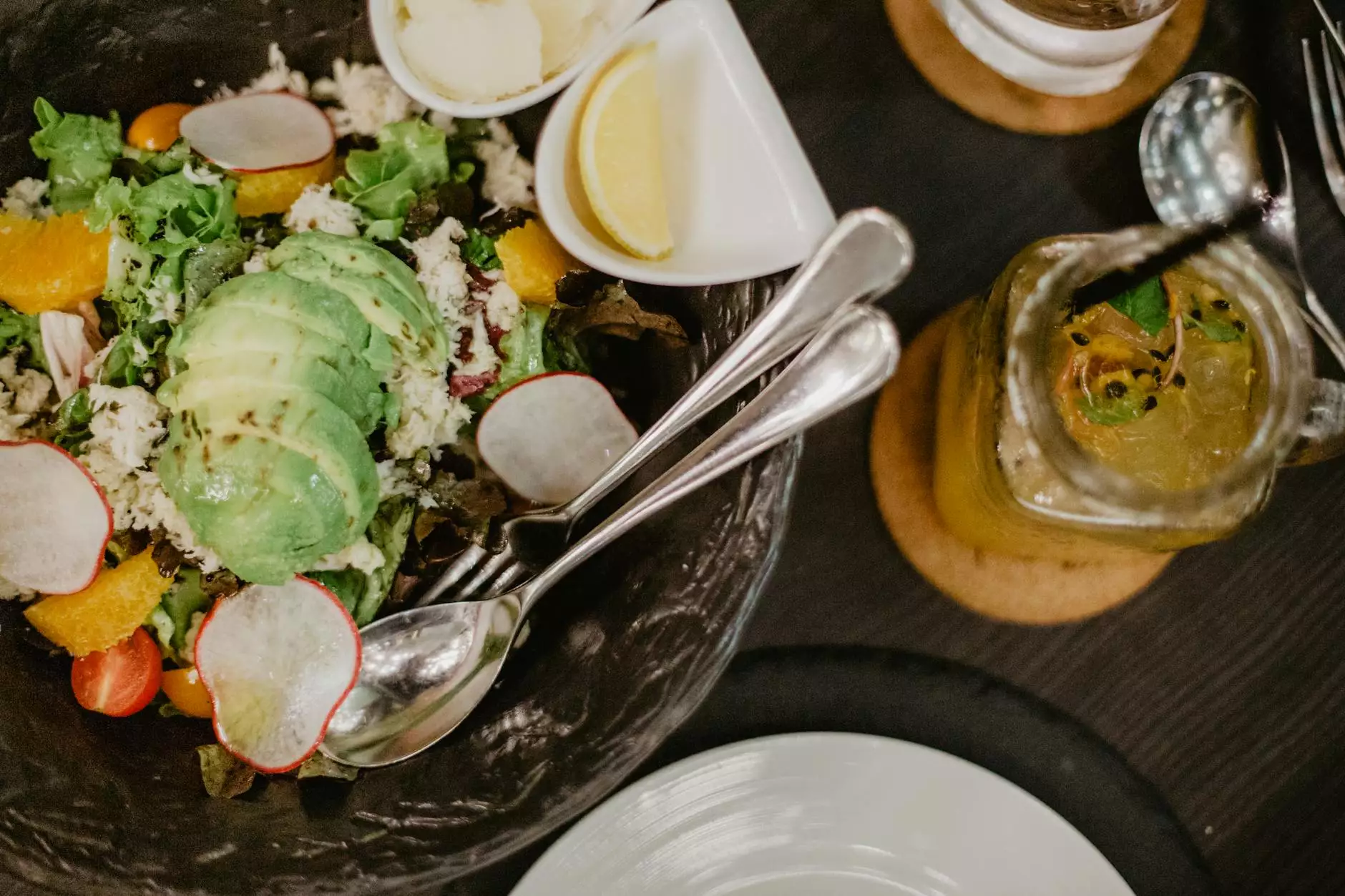The 4 Plastics That Any Fisher Should Care About - Guy Harvey
Marine Conservation
Introduction
As a passionate fisherman, it is vital that you understand the impact of plastic on our oceans and the environment. In this comprehensive guide, renowned marine artist and conservationist, Guy Harvey, sheds light on the four plastics that every fisherman should care about. By equipping yourself with knowledge, you can help protect our precious marine ecosystems for future generations.
The Problem with Plastics
Plastics have become a ubiquitous presence in our daily lives, but their improper disposal and long-lasting nature pose a significant threat to our environment, particularly our oceans. Marine life suffers dire consequences as plastics degrade and release harmful chemicals, ultimately leading to widespread pollution and negative ecological impacts.
1. Single-Use Plastic Bags
Single-use plastic bags, commonly used for shopping, represent a major challenge for our oceans. These bags often end up in water bodies, where they pose serious threats to marine life. Sea turtles, for example, mistake them for jellyfish, a common food source, and end up choking on or ingesting the plastic bags. By opting for reusable bags or switching to paper alternatives, you can significantly reduce this environmental hazard.
2. Plastic Bottles
Plastic bottles, particularly those used for single-use beverages, contribute significantly to plastic pollution. These bottles take hundreds of years to decompose and often end up in our oceans, harming marine life in numerous ways. By choosing reusable water bottles and supporting initiatives that promote recycling, you can help mitigate the impact of plastic bottle waste on our oceans.
3. Fishing Line
Fishing line, while essential for anglers, can be incredibly detrimental to marine life when not disposed of correctly. Lost or discarded fishing line poses entanglement risks for marine mammals, turtles, and birds, leading to severe injuries and even death. Always remember to properly dispose of your fishing line, and consider using biodegradable alternatives to minimize its long-lasting impact.
4. Microplastics
Microplastics, tiny fragments of plastic less than five millimeters in size, have gained significant attention due to their widespread presence in the ocean. These particles result from the breakdown of larger plastics and also find their way into the environment through microbeads found in personal care products. Consumed by marine organisms, microplastics can bioaccumulate, entering the food chain and posing risks to human health as well. By using products free from microplastics and supporting legislation banning their use, you can contribute to reducing their presence in our oceans.
Conclusion
As a responsible fisherman, it is crucial to acknowledge the impact of plastics on our oceans and take action to mitigate their harmful effects. By understanding and avoiding the four plastics highlighted in this guide - single-use plastic bags, plastic bottles, fishing line, and microplastics - you can make a significant difference in preserving our marine ecosystems. Let's join Guy Harvey and countless others in protecting our oceans, ensuring future generations of fishermen can continue to enjoy the beauty and abundance of marine life.




